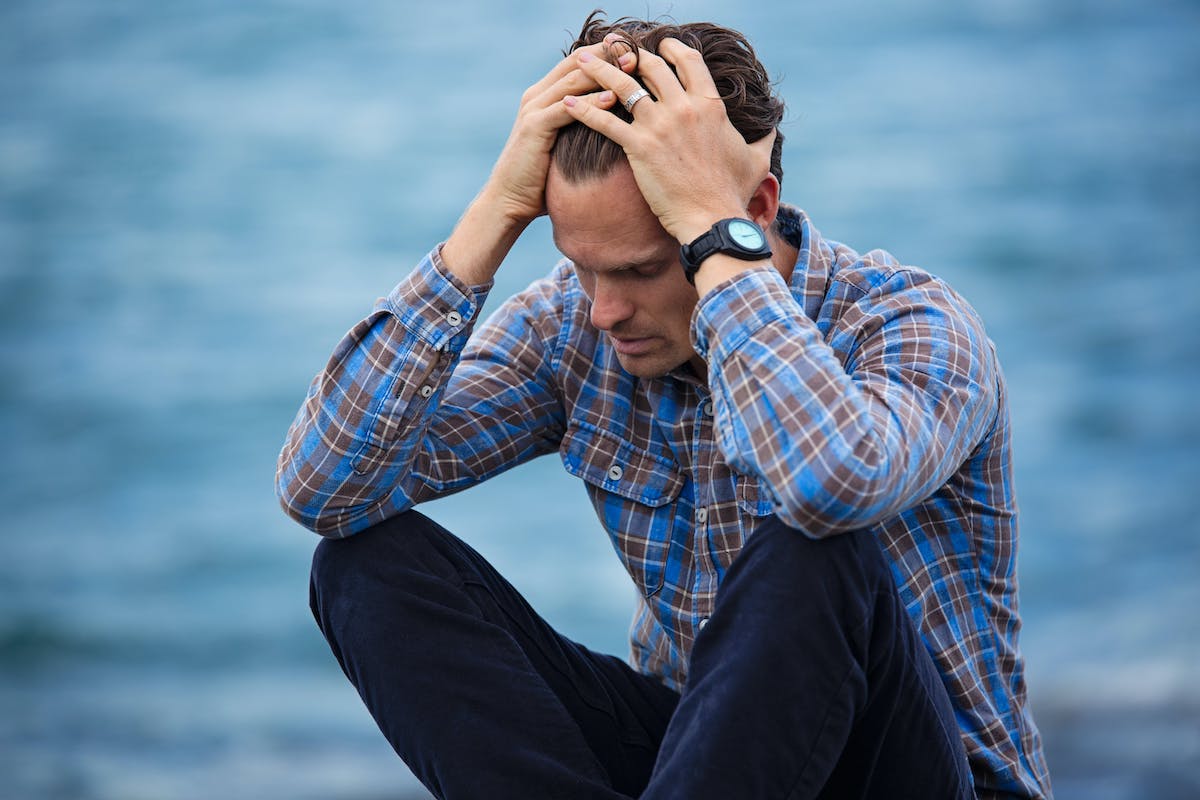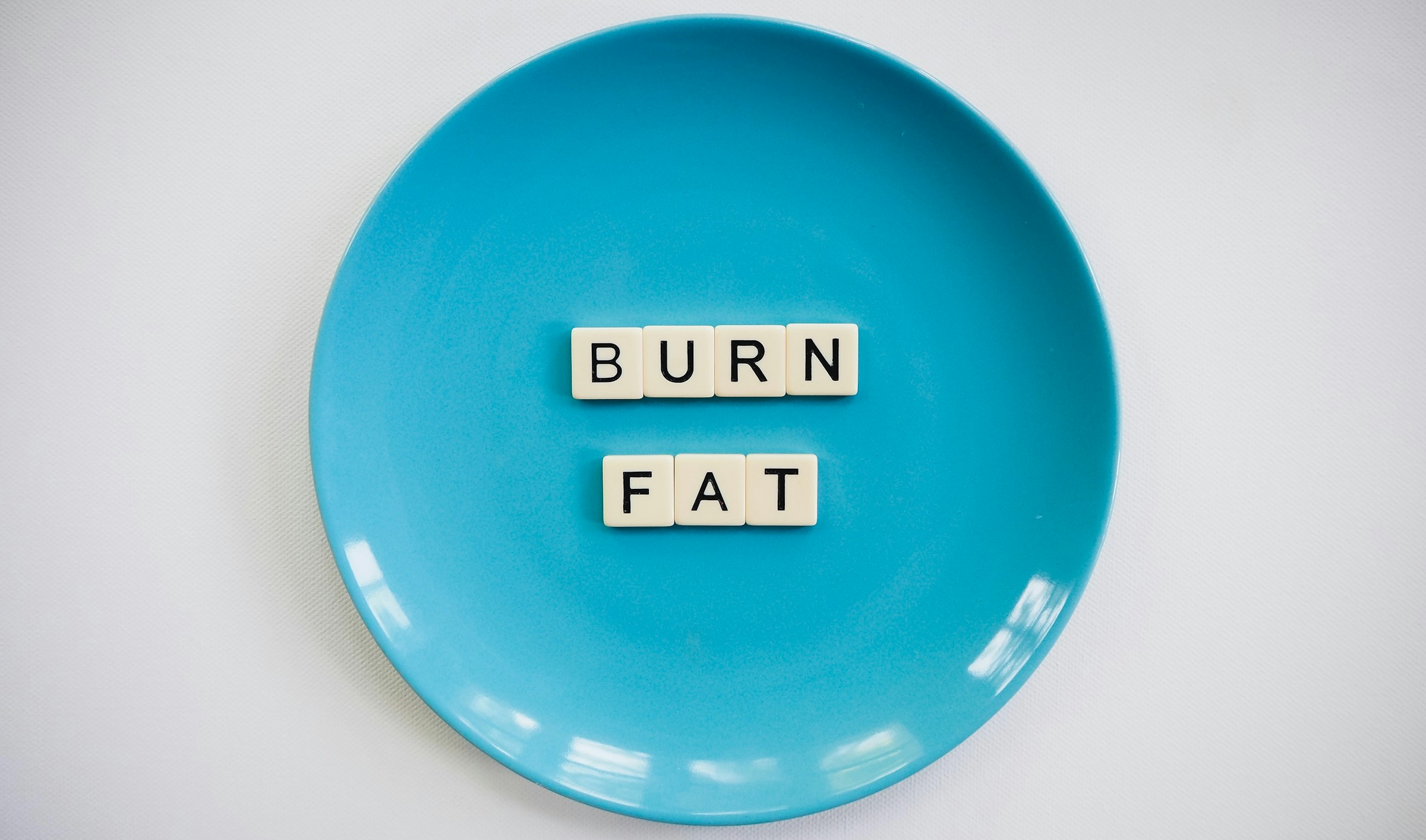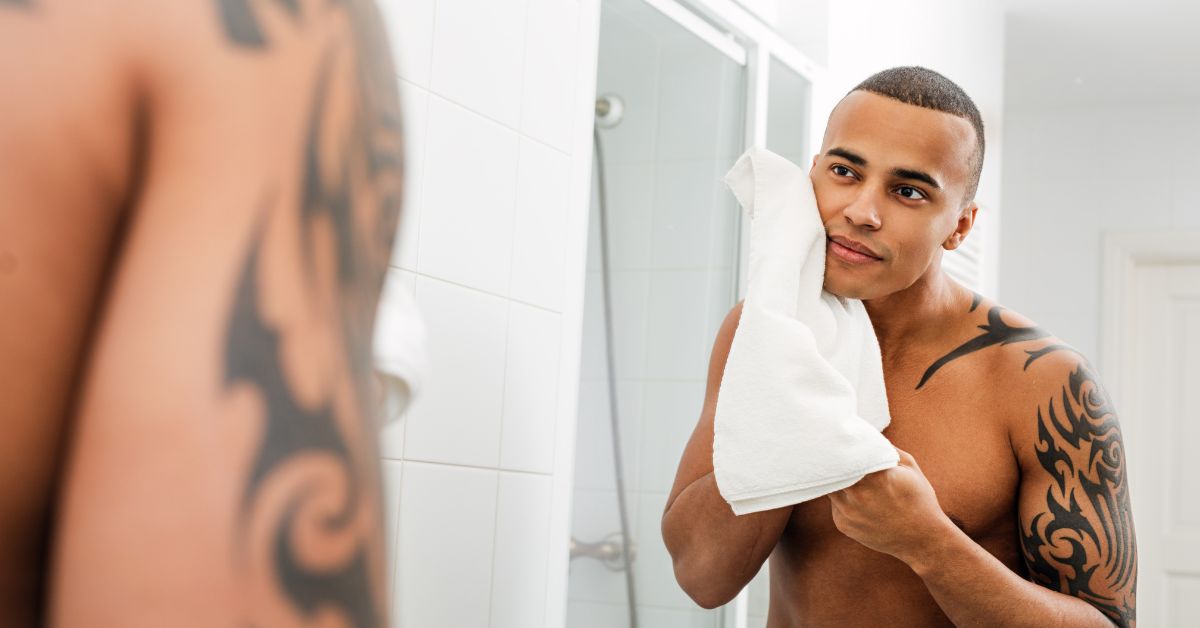Exercise enthusiasts often swear by taking a hot or cold shower after a workout to clean your skin of bacteria and sweat, soothe your muscles, and aid recovery. Most people enjoy the comfort of a warm shower and dread even the thought of having to face the cold. Others find the cold water to be especially beneficial. Research reveals that both hot and cold showers have benefits, but which is better after a workout? Here’s the deal with the optimal post-workout shower temperature, what the research shows, and more.
What are the benefits of cold showers?

Cold showers cleanse your skin and help you feel more awake. They can also reduce muscle soreness and stress. When you feel that first drop of cold water on your body, there’s an initial shock that heightens your heart rate, alertness, and oxygen intake.
Circulation

Some doctors and health experts recommend cold showers to boost blood circulation. The cold water constricts circulation on the surface of your body, resulting in the blood in your deeper tissues circulating at an accelerated rate to maintain your body temperature.
Boosting weight loss and fat-burning

Taking cold showers and being exposed to cold temperatures could activate brown fat cells to burn fat and calories away. Brown fat cells are a specific type of fat cell that burns fat to generate heat. An interesting study showed that adult men with low brown fat stores sat in a chilled 63-degree room for two hours a day and burned an average of 108-289 additional calories compared to sitting in normal room temperatures. It’s worth noting that this doesn’t mean that cold showers will yield exactly the same results as a chilled room.
A cold shower after a workout

If you’re feeling a little stressed and sleepy after exercising, a cold shower might be an effective way to lower your stress levels, soothe your muscles, and wake you up. A randomized trial revealed that individuals who took 15- to 60-second cold showers every day reported lower stress levels overall. Study participants who also paired their daily cold showers with pranayama-style breathing exercises reported a more significant reduction in stress.
Cold water immersion can also narrow blood vessels and reduce blood flow, which might decrease swelling and inflammation following exercise.
What are the benefits of hot showers?

While cold showers tend to wake you up, hot showers can help you relax and fall asleep. Hot showers can prompt your parasympathetic nervous system, which can make you feel sleepy. The higher temperature of the water also soothes muscle tension.
Open your airways

Standing in a hot, steamy shower has long been a natural remedy for clearing the airways, loosening thick mucus, and providing symptom relief.
Cleanse your skin

Hot showers are known to open up the pores of your skin, making it easier to clean. However, some people find that hot water dries out their skin. The heat can cause mast cells to release histamine, making your skin itchy.
A hot shower after a workout

Heat therapies like hot-water immersion and heating pads have long been used to dilate blood vessels, boost blood flow, and relieve sore muscles. Heat therapy has also been proven to diminish post-workout soreness and back pain. The increased circulation from the heat brings nutrient-rich blood to your muscles, which could help you recover.
An interesting clinical review showed that taking a warm shower or bath 90 minutes before bed enhanced sleep quality and made falling asleep easier. This is one reason why a hot shower is usually best after your evening workout.
What is the best way to shower after a workout?

While there is sufficient research on hot and cold therapies in general, there aren’t enough high-quality studies on hot or cold showers specifically for exercise recovery. Overall, the research leans toward cold showers being a better choice, but it depends on the individual.
There is interesting research on the benefits of cold therapies like whole-body cryo-stimulation or cold water immersion, particularly for improving muscle soreness and injury recovery. Cold showers could also provide similar advantages as you immerse yourself in the cold water.
Studies highlight that cold water reduces delayed onset muscle soreness and promotes recovery, especially after a high-intensity workout. Researchers theorize that cold water initially reduces blood flow, but the circulation accelerates following exposure and delivers oxygen-rich blood to your muscles.
Is a hot or cold shower better for sore muscles?

Both hot and cold temperatures can soothe sore muscles, but some people might find heat more effective immediately following exercise.
Is it better to take a cold or hot shower after working out?

Both hot and cold showers have benefits. Whether you should take a hot or cold shower after pumping up your muscles depends on several factors, such as where you’re working out, the climate or temperature, your general health, your preferences, and the time of the day.
If you’re feeling hot after working out in the heat outside or in a stuffy gym, you might choose to cool down with a cold shower. A cold shower can wake you up after your morning or lunchtime workout. There’s a sense of accomplishment as you tackle the cold. Overall, colder temperatures push you out of your comfort zone, which can be advantageous; however, you might not want to push your limits and get uncomfortable after every workout. Cold showers might not be the best idea if you already have a high heart rate or blood pressure, as they can increase these rates.
If you’re planning on exercising later in the day, you might take a warm shower to wind down for the evening and promote better sleep. You could also try a contrast shower, where you start warm and finish off with a cold rinse.




